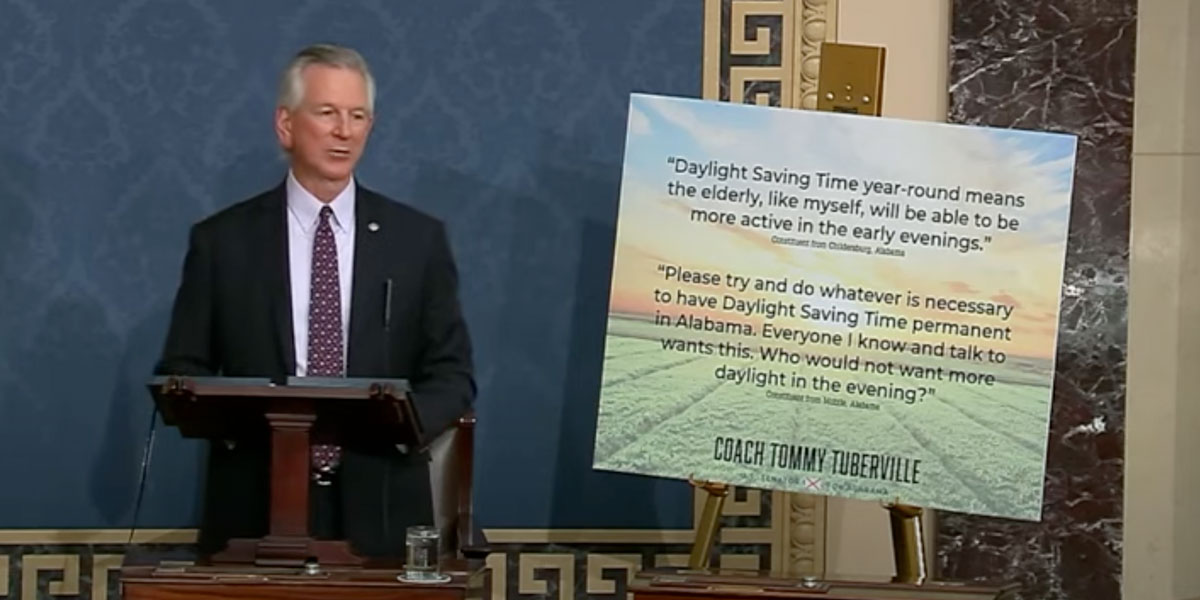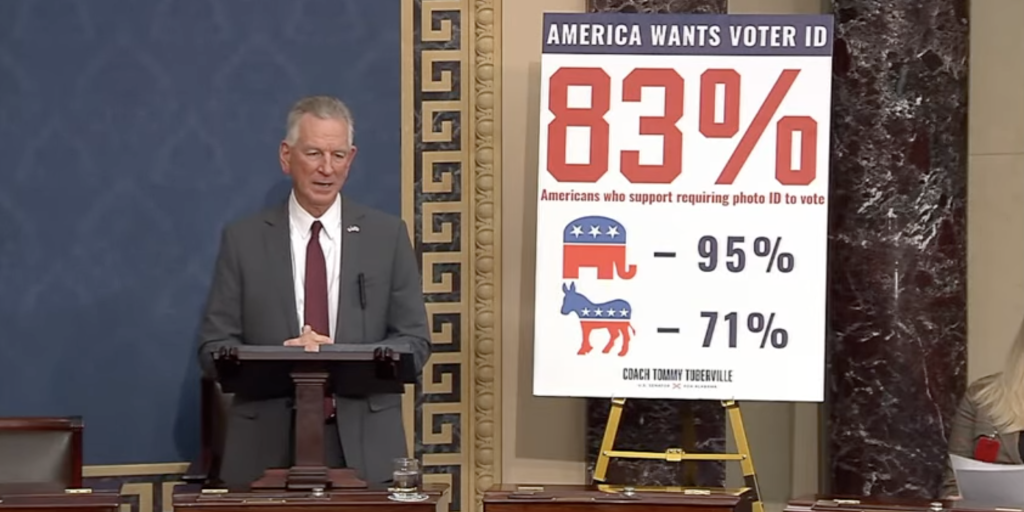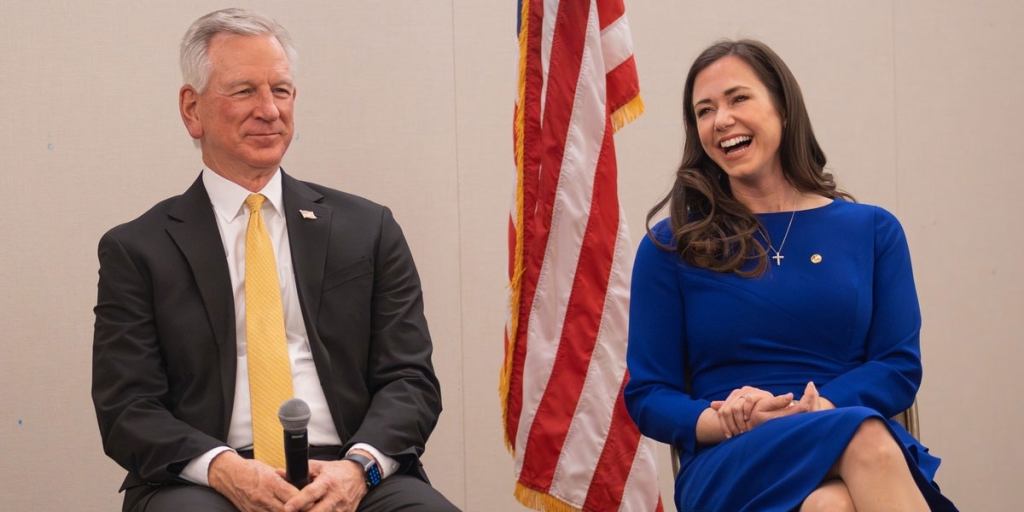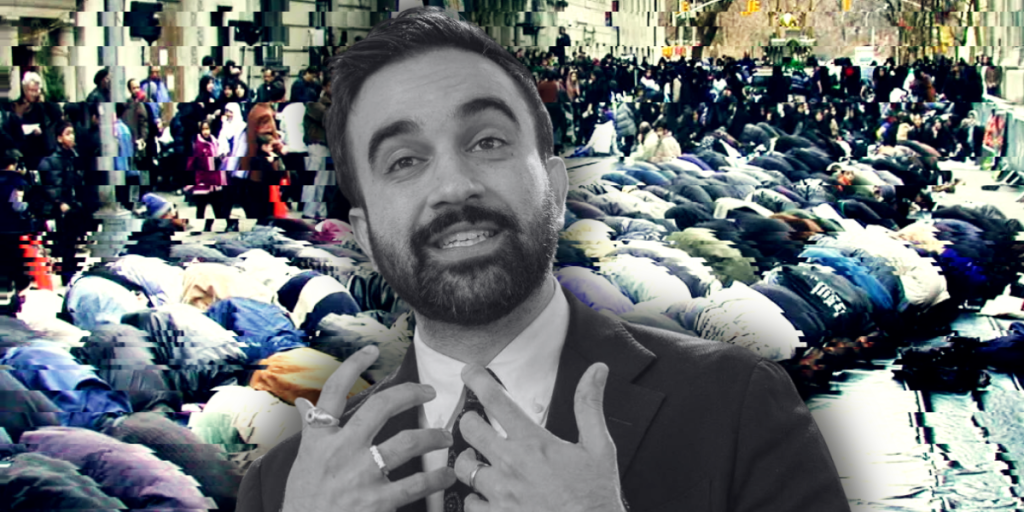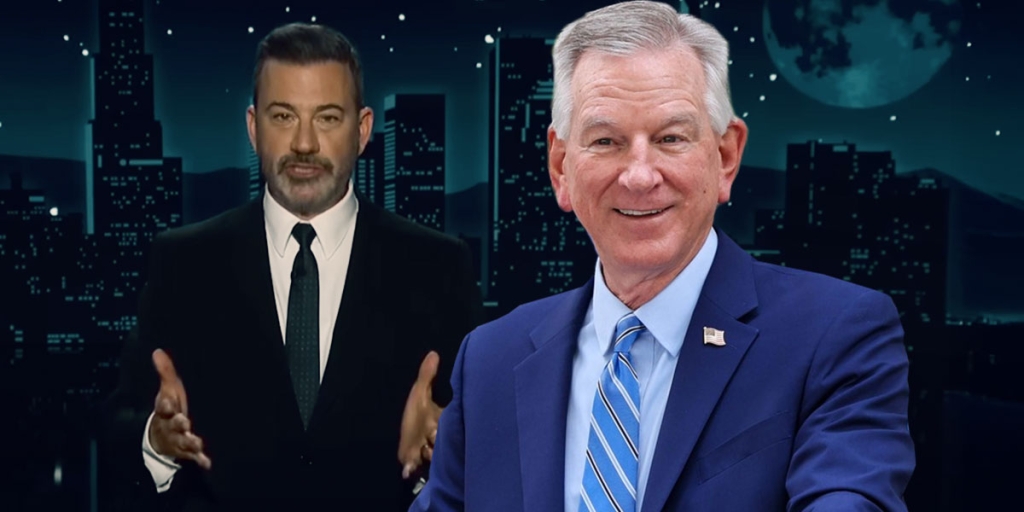Fall back, spring forward. Repeat every six months.
On Sunday, Americans again changed their clocks at 2 a.m., falling back one hour onto Standard Time and off of Daylight Savings Time. They will change them again, springing forward an hour on March 8, 2026.
On Sunday night, and all evenings for the next four months and one week, the sun will go down an hour earlier, according to our clocks. The sun set at 5:03 p.m. Sunday. On Saturday, it had set at 6:03 p.m. – quite an abrupt change.
The way God made sunsets, they change by just a moment each day. The way the government made it twice a year, it changes suddenly by about an hour. People seem to like God’s way better.
That setting will continue to be earlier until the earliest sunset of the year, 4:50 p.m. on December 2.
People coming home from work will be driving in the twilight. People running errands after work will do so in the dark. Afternoon activities will go from daylight into twilight.
While many Americans and some officials have been calling to “lock the clocks” – to do away with the changing and stay on the same time regimen all year – there has been one national voice that has been louder and clearer than most, Alabama U.S. Senator Tommy Tuberville.
Tuberville has taken the lead on trying to pass the Sunshine Protection Act, which would stop the twice-a-year clock changing. With Sen. Tuberville’s guidance, the bill passed the U.S. Senate in 2022 but failed to pass the House. So the clock changing continues.
Tuberville is still on the Senate floor pleading his cause. Here is the speech he made on October 28.
Tuberville’s column for the month of October addressed the issue he calls the one he hears about most from the people of Alabama:
In the five years I have served in the Senate, making DST permanent is the number one issue I hear about. A lot of folks have asked me over the years, “Why do we even have Daylight Saving Time?”
DST was first introduced during World War I and then used again during World War II as a temporary way to help conserve fuel and energy. Following the ends of both wars, the decision to spring forward and fall back was returned to individual states. It wasn’t until 1966 when the system of changing our clocks twice a year was made permanent.
Changing our clocks twice a year might have made sense in the ’60s. But we aren’t the same country we were back then. Thanks to technology – farming, manufacturing, and other industries look entirely different today. The twice-a-year time change just doesn’t make sense anymore – and it hasn’t for a long time.
Changing our clocks twice a year isn’t just outdated, it is also dangerous. Northwestern Medicine found that the practices of “falling back” and “springing forward” are both connected to a 6% spike in fatal car accidents and a 24% higher risk of heart attacks. Changing clocks disrupts sleep patterns and means it is darker much earlier in the day – which can have fatal consequences.
The time switch in the fall can also negatively impact people’s physical health. The long-term health effects linked to changing our clocks include weight gain, cluster headaches, and depression. It also increases Seasonal Affective Disorder every single year, which causes many Americans to feel depressed.
Thanks to RFK Jr.’s great work at HHS, a lot of Americans are taking their health more seriously by eating healthier ingredients, getting more exercise, and prioritizing sleep. As a founding member of the Senate Make America Healthy Again Caucus, I am extremely passionate about improving the health of ALL Americans. The back-and-forth switching of our clocks is the exact OPPOSITE of the MAHA movement. It is bad for our sleep, nutrition, and overall health.
If we were to make DST permanent, Americans would enjoy an extra hour of sunlight in the evening. This may not seem like a big change – but it would make a difference in the lives of many Alabamians. No one wants to walk home at 4:45 p.m. during the winter in the pitch-black dark. It’s depressing and makes it difficult to be active outside after work.
As a dad, I always loved spending time throwing the ball around with my two boys outside. An extra hour of sunlight in the evening would give every parent more time outdoors with their kids. Kids don’t need to be inside playing video games. They need to be outside being active after school. Locking the clock is an important first step to helping Americans of all ages live longer, healthier lives.
It would also be a huge benefit for the economy. Studies have shown that longer days mean more people are going out to eat, shopping in the evenings, and supporting local businesses – stimulating local economies. I know our farmers would love an extra hour of sunlight. More sunlight means more time that can be spent making a profit in the fields and providing food to put on our tables.
It’s also safer during DST. Studies from Stanford University and the Brookings Institution have shown crime plummets when DST ends. Reports of robberies fall by 27%, murder falls by 48%, and rape falls by 56%. This should be a no-brainer.
Locking the clock would be a massive win for our country. A permanent, year-round DST is not only healthier and safer for Alabamians, but better for our economy than switching back and forth twice a year. I’m proud that Alabama has led the charge and has already passed state legislation that would lock the clock permanently. It’s time for the federal government to follow the lead of the majority of the states and lock the clock. It’s time for America to move forward – and stop falling back.
Sen. Tommy Tuberville represents Alabama in the United States Senate and is a member of the Senate Armed Services, Agriculture, Veterans’ Affairs, HELP, and Aging Committees.
Jim Zig Zeigler is a contributing writer for Yellowhammer News. His beat includes the positive and colorful about Alabama – her people, events, groups and prominent deaths. He is a former State Auditor and Public Service Commissioner. You can reach him at [email protected]




